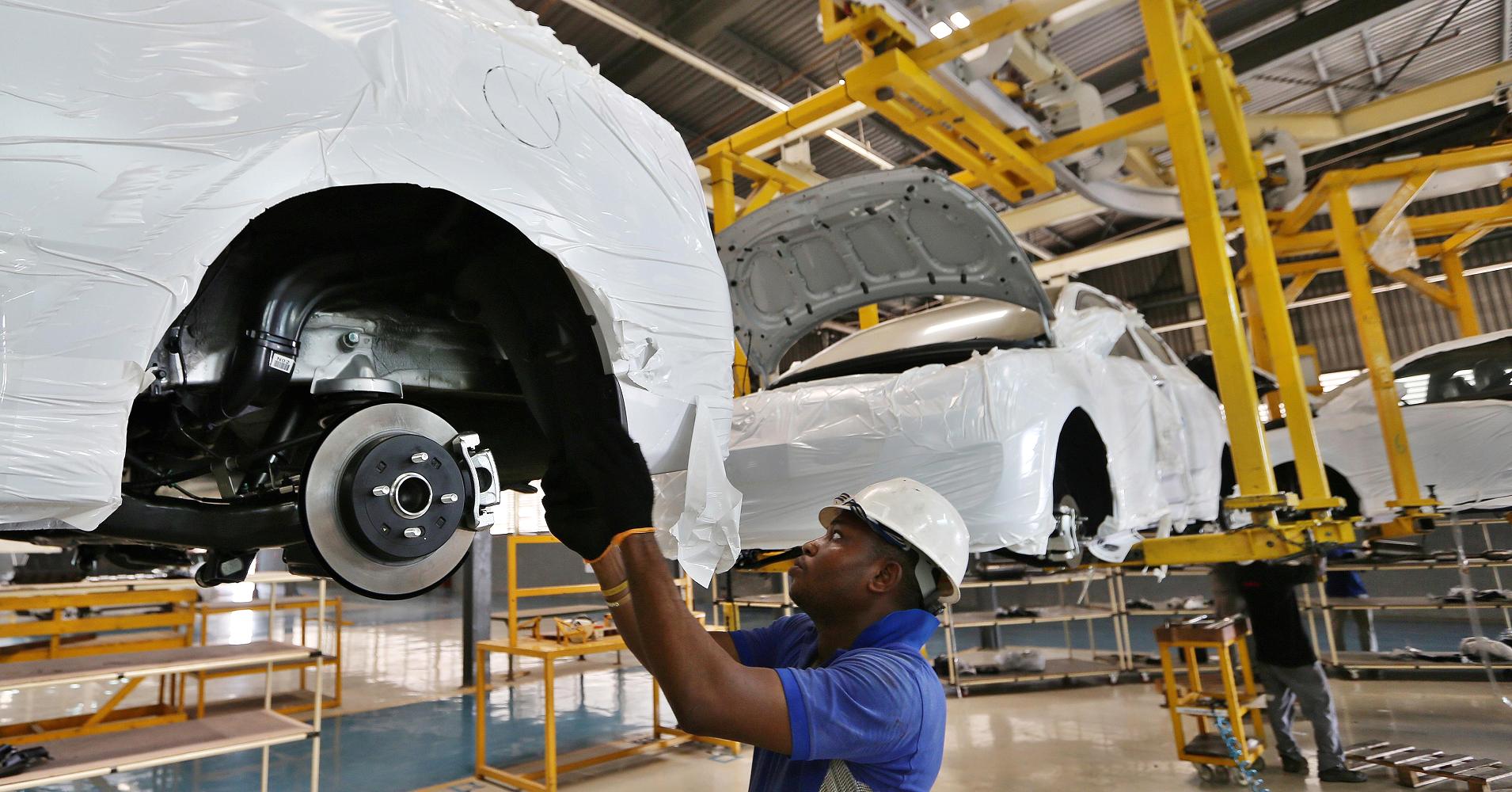Nigeria is in a position of leadership on a proposed Africa-wide trading bloc despite not having signed up to the agreement, the managing director of commercial lender Ecobank Nigeria told CNBC.
Nigeria has “shifted the balance of power,” and “put itself in the situation where they now have the call,” Charles Kie said in an interview Friday.
In March, 44 members of the 55-nation African Union signed up to the Continental Free Trade Area (CFTA), an agreement which proposes a common market across the African continent. The new bloc would result in the largest free trade area in terms of participating countries since the formation of the World Trade Organization.
But Nigeria and South Africa, the region’s two largest economies, did not get on board, citing concerns over safeguarding jobs and cheap Chinese goods flooding the market.
The summit took place in the Rwandan capital of Kigali. Rwanda’s President Paul Kagame is also chair of the African Union for 2018. Meanwhile, Nigeria’s President Muhammadu Buhari did not attend the event.
“When you are the largest economy on the continent, and it’s a tiny, small country like Rwanda who is leading the conversation on the CFTA, there’s a very simple question that you ask yourself: ‘Where is your leadership?'” Kie said.
By initially turning down the deal, Nigeria has the “leverage” to “get some of the conditions that they think are critical for the economy to now be put on the table,” Kie explained. “They (won’t) just absorb the impact of the decision that was taken, but they’re also part of the solutions that are going to come.”
“I’m just making a pure and basic analysis of the powers in presence, and I’m looking at what it entails,” he said. “All of this is political, it’s the heads of state that sign these agreements.”
Kie was confident that Nigeria would eventually subscribe to the deal.
“I don’t have any doubt that Nigeria will join” the free trade agreement in its own time, he said. “Nobody will doubt the interests of this for the continent.”
Kenya and Ghana, both African economies boasting strong fundamentals, ratified the agreement last week. Ethiopia’s Prime Minister Abiy Ahmed, who leads the east African powerhouse economy which has seen double-digit GDP (gross domestic product) growth as recently as 2017, said on Monday that his country is ready to follow suit.
Intra-African trade currently comprises less than 20 percent of the continent’s total, with countries often focussed on exporting commodities to former colonial powers instead. It is hoped that the new free trade deal will shift emphasis away from this and towards manufacturing.
The African Union posits the agreement as uniting a market of 1.2 billion people with a combined gross domestic product of $2.5 trillion.
“We have to make sure that the rules of engagement when it comes to the free trade area are clearly defined,” both in terms of protecting national economies and establishing their manufacturing capacities, Kie said. “It’s not going to come overnight.”


 Signal2forex.com - Best Forex robots and signals
Signal2forex.com - Best Forex robots and signals




